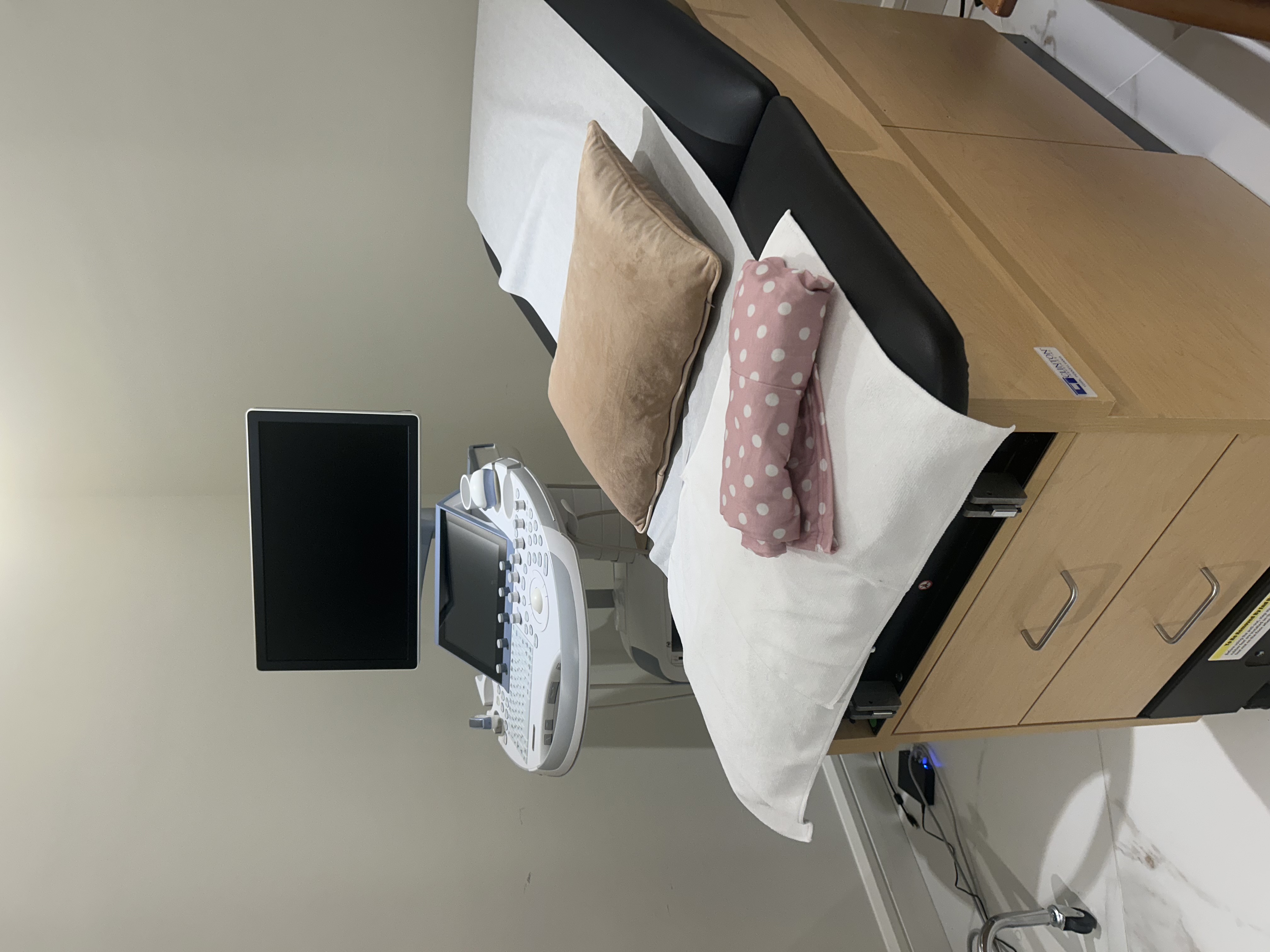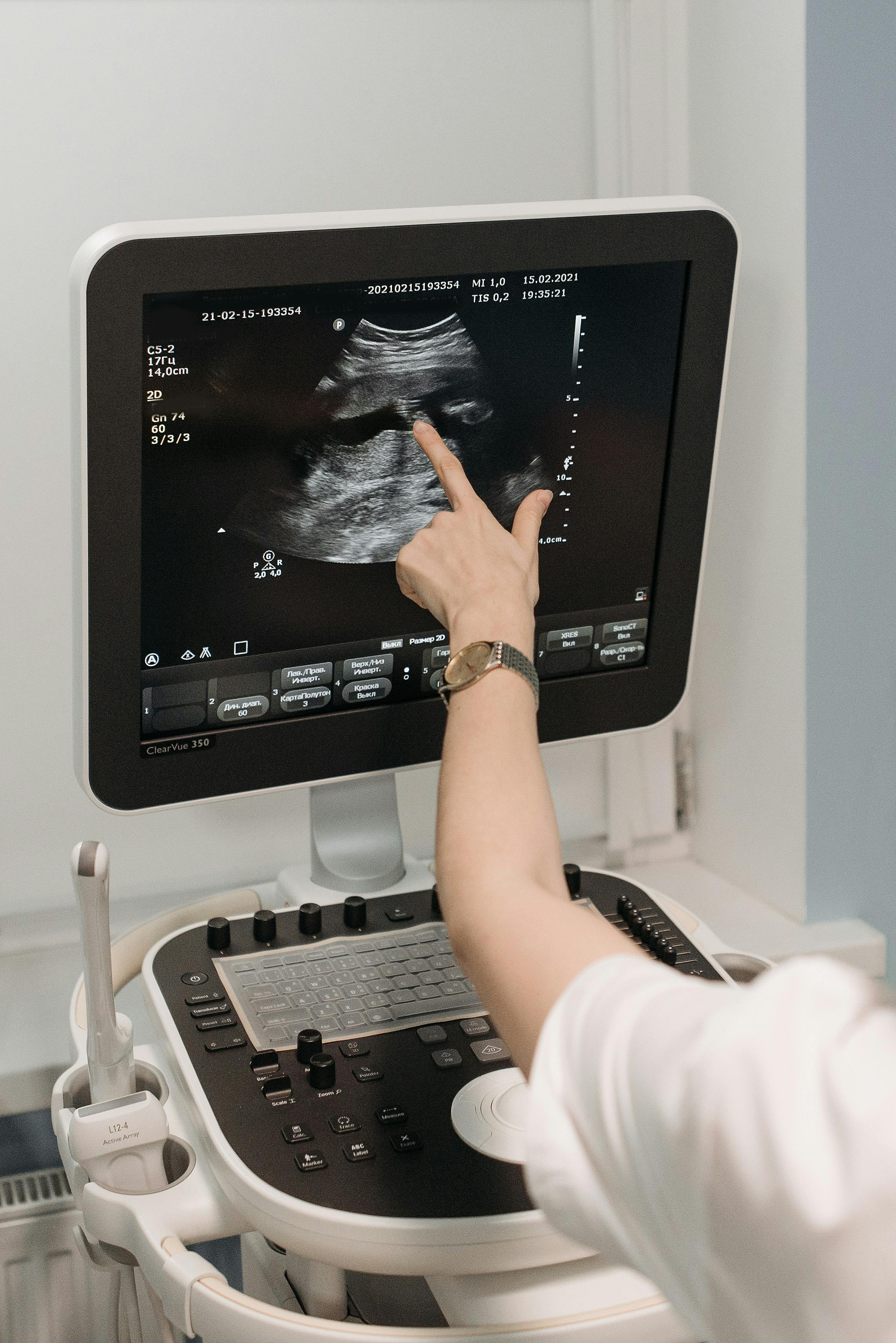 About
About
Spotting in the first trimester often sparks worry, but not all bleeding signals danger. Light spotting can happen for many reasons, like implantation bleeding or cervical irritation during pregnancy. Knowing when to call your provider can make all the difference in feeling supported and safe during those early weeks. This guide will help you understand normal spotting and when it's time to reach out to Materna Healthcare. Learn more about bleeding during pregnancy.
Understanding First Trimester Spotting
What Is Spotting?
Spotting refers to very light bleeding that appears as just a few drops or a light streak of pink, brown, or rust-colored discharge on toilet paper or underwear. It differs from menstrual flow and typically doesn't require a pad or liner.
Common Causes of Normal Spotting
Several benign reasons can explain spotting in early pregnancy, particularly within the first 8-10 weeks:
Implantation bleeding: When the fertilized egg attaches to the uterine lining, light spotting may occur around the time your period would have been due. This is often one of the earliest signs of pregnancy.
Hormonal changes: Fluctuating hormone levels, especially progesterone, can cause cervical sensitivity and mild spotting during early pregnancy.
Cervical irritation during pregnancy: After intercourse or a pelvic exam, you may notice a small amount of bleeding because the cervix becomes more vascular during pregnancy.
Subchorionic hematoma: A small pocket of blood between the placenta and uterine wall can sometimes cause light spotting. Most resolve on their own with monitoring.
Infection or irritation: Vaginal infections or inflammation (like bacterial vaginosis or yeast infections) can sometimes cause spotting.
When to Call Your Provider
While light spotting can be normal, there are times when early pregnancy bleeding needs closer evaluation. You should contact your provider or come to Materna Healthcare if you experience any of the following:
- Heavy bleeding that soaks a pad
- Bright red bleeding with clots
- Cramping or pain in the abdomen or back
- Dizziness, fainting, or shoulder pain
- Passing tissue or large clots
- Persistent spotting lasting more than a few days
Even if your symptoms turn out to be benign, you deserve reassurance. At Materna, we specialize in early pregnancy care, offering same-day ultrasounds and lab testing so you don't have to wait weeks for answers.
How Materna Healthcare Can Help
At Materna Healthcare, we bridge the gap between your positive pregnancy test and your first OB appointment. If you experience spotting, we can:
- Perform an early ultrasound to check for fetal heartbeat and rule out ectopic pregnancy
- Order bloodwork to monitor your hormone levels (like hCG and progesterone)
- Provide supportive care for nausea, hydration, or anxiety during the wait
- Offer personalized follow-up to make sure everything continues to progress normally
You shouldn't have to sit at home wondering what's happening. You deserve answers and care that feels supportive and proactive.
Finding Pregnancy Reassurance
Spotting in the first trimester is often normal, but it's never something you should ignore or feel dismissed about. Whether you're six weeks along or just found out you're pregnant, Materna Healthcare is here to guide you through those uncertain early weeks with compassion, expertise, and early answers when you need them most.
Remember that many women experience some form of spotting during pregnancy, and most go on to have healthy pregnancies and babies. Getting proper care and support during this time is important for both your physical and emotional wellbeing. Book your sonogram here.





.jpg)




